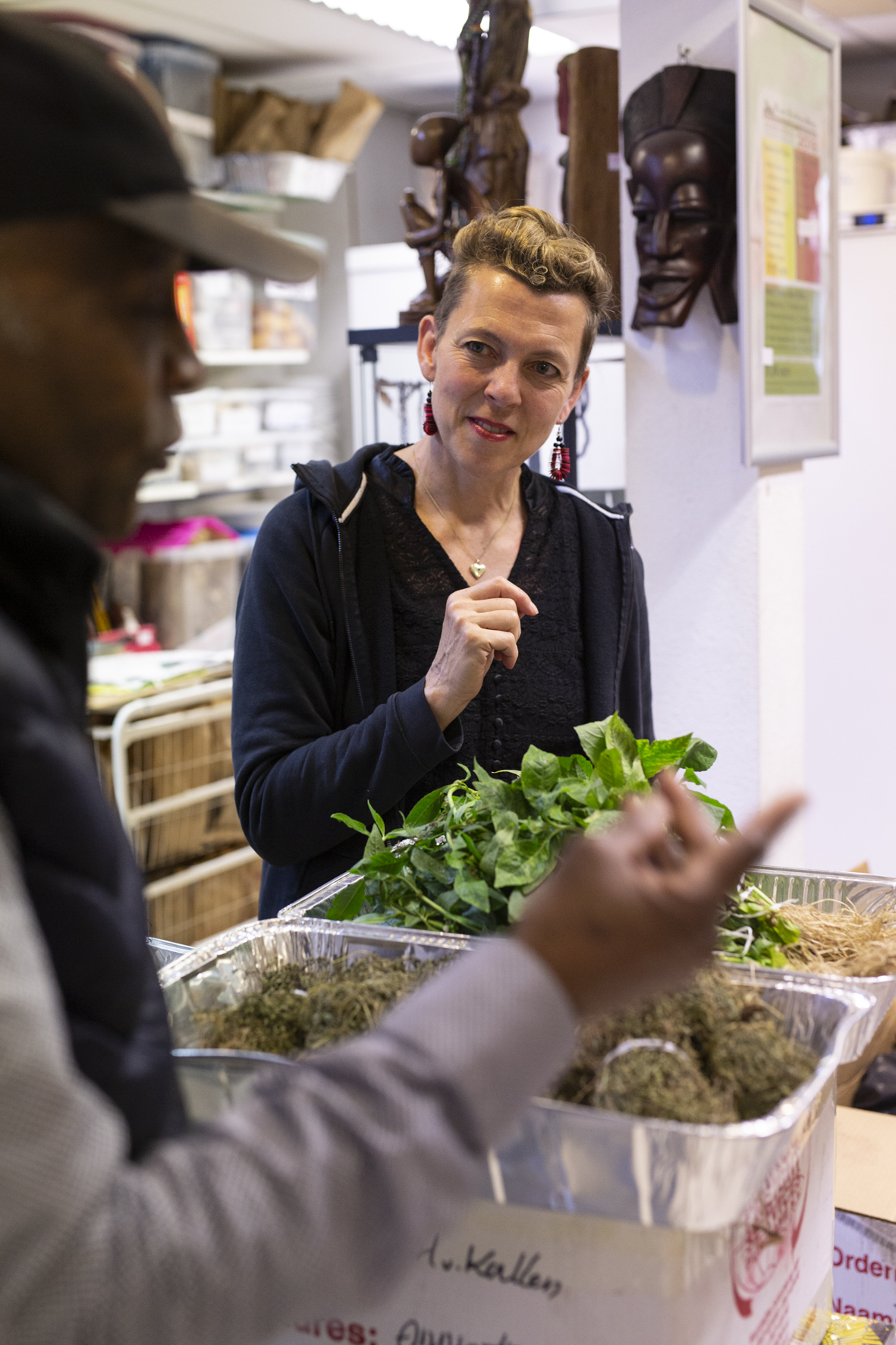04-05-2008 17:25
What is a Pecha Kucha. City Safari has experienced it!
The idea behind Pecha Kucha is to keep presentations concise, the interest level up and to have many presenters sharing their ideas within the course of one night. Therefore the 20×20 Pecha Kucha format was created: each presenter is allowed a slideshow of 20 images, each shown for 20 seconds. This results in a total presentation time of 6 minutes 40 seconds on a stage before the next presenter is up.
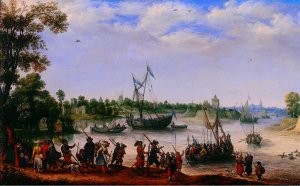
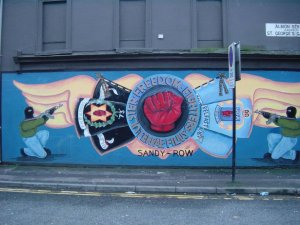
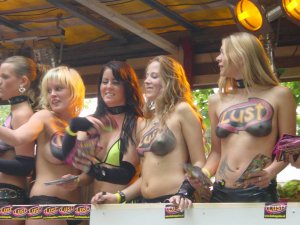
In the year 1609 a puritan religious sect fled from England and settled in the tolerant Amsterdam and later in Leiden. It was the Golden Age in Holland that was triggered by a big influx of religious refugees from all over Europe. It was also towards the end of the liberation war against the Spanish occupiers which lasted 80 years and was really a religious guerrilla war between Protestants and Catholics
It taught the Dutch that you cannot win a civil war. The tolerance that the Dutch are sometimes praised for, was not a virtue. The victors in that civil war realised that peace and prosperity were possible only if they would tolerate the things they despised.
Even today, tolerance in Holland means that the people in Rotterdam despise the people in the Bible Belt for not vaccinating their infants, and they in turn, despise the nudity in the Dance Parade in Rotterdam, but they both know they can retain their freedom only if they tolerate the wrongs of the other.
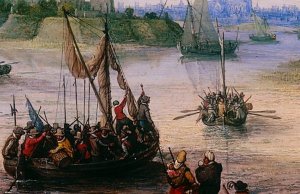


In the year 1620 the religious sect known as the Pilgrims set sail for America. Their sons and daughters were attracted too much by the individual freedom that came with the concept of tolerance. In America the sect would have the freedom to be unfree within their own community.
The Pilgrims that stayed behind, assimilated and their heritage is now an anecdote. Holland has had a constant stream of immigrants into the cities for 400 years and generation after generation has assimilated.
Those who stayed have enriched the urban culture with food, music, dance, language, but they have always assimilated into the urban culture that they helped create. And those who clung to tradition have always chosen to move on. Today’s minorities will dissipate too. Not as a result of government policy but as a result of the dynamics of urban culture.
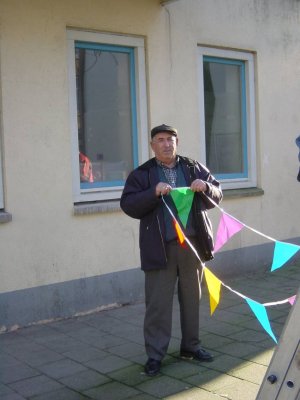
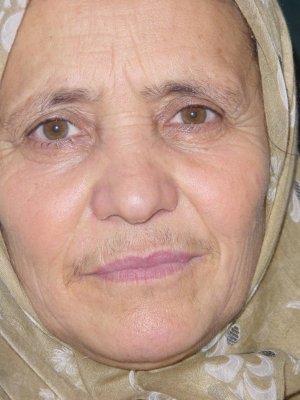
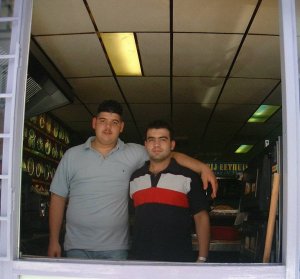
The free individual is the norm in the city. Assimilating into urban culture means shedding all aspects of your own culture and traditions that stand in the way of functioning as a responsible free individual.
In rural, and especially in tribal cultures and traditions, the individual is often subservient to the group. For people who choose to break free from rural restrictions and move to the city, assimilation is easy.
But the many who came to work, with no education, with no intention to change, with no option to repatriate… they have in fact become imprisoned in the city. Their struggle causes the frictions between the free and the unfree. That friction is part of the urban culture and of the urban fabric.
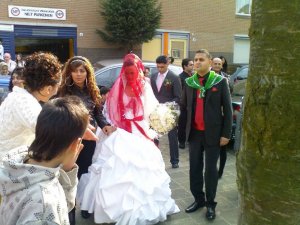
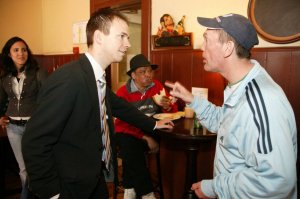
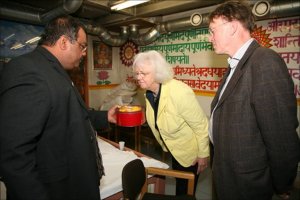
There is no reason to celebrate this friction, but there are many reasons to experience it. Neither denying or condemning it helps.
City Safari is not about celebrating diversity, but about understanding the city. City Safari gives people the opportunity to enter into the urban fabric, to get acquainted with people’s daily life. No guide, no tour bus, no GPS, no funny bikes or caps, no headphones…
A group of four or five persons are handed a program with three to five addresses where people are expecting them. In their homes, workshops, clubs, houses of worship. All they need is curiosity and respect. Over 300 participants in the poor parts of the city welcome visitors.
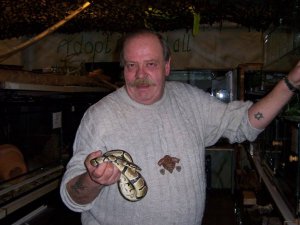
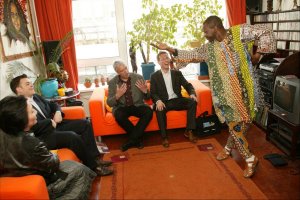
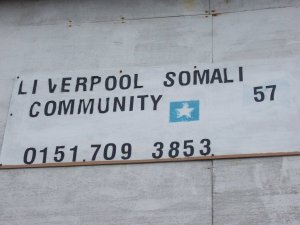
And it’s not just immigrants. It’s also the original inhabitants who learn to cope with all the changes. It’s drug addicts, selling the homeless magazine. It’s private initiatives of people who try to improve their own neighbourhood…
It’s the whole urban fabric and its interactions that needs to be experienced and understood before we can bring forward anything worthwhile in this conference.
The visitors broaden their horizon. They experience that there was never a reason to avoid certain streets and certain encounters.
Sharing that experience with their team, builds a spirit they take back to the workplace. They learn to appreciate people and ideas that they were never confronted with. Their new insight gives them a more realistic view of deprived areas of the city. And it’s fun!
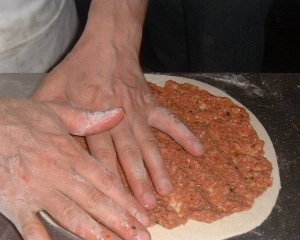
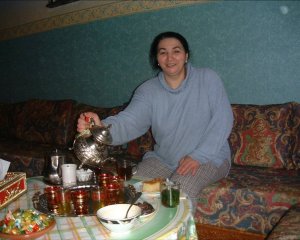
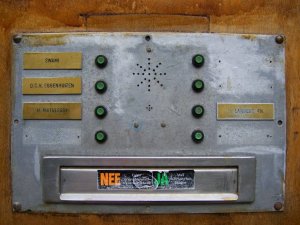
The hosts get paid for receiving guests. The starting point for the idea for the City Safari was to stimulate the local economy of the poor parts of town. But money has always been a side issue. People like to receive guests from outside their daily life. The appreciation and respect they receive boosts their pride and self esteem.
People are proud to be part of City Safari and every year they look forward to receive their visitors’rating. Every Safari is tailor made. The program for a group of police officers differs from the program for Members of Parliament. Whether it’s a group of 10 or 100, every group is split into teams of 4 or 5 with each their own program and an opportunity to exchange their experiences after the last visit.
The price of a Safari includes organisation and the fee for the hosts. There are no subsidies from the city or the government. At a base of 55 euros profits are marginal, but it pays two full time salaries and a bookkeeper.
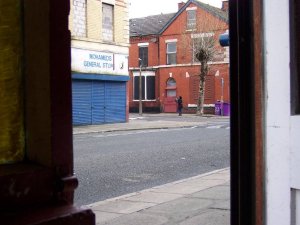
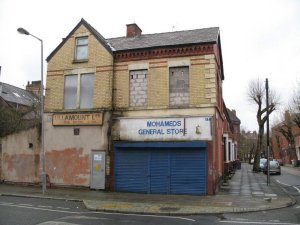
Over 50.000 people have made a City Safari so far. I am looking forward to your ideas to expand and improve the concept. Last weekend, Kees and I visited Liverpool to prepare this presentation. I put together a Liverpool City Safari in the Somali community of Toxteth. We saw how the city is creating a ghost town by boarding up houses.
Have the planners really walked these streets and talked to the people who live there? Please join me this afternoon in the Market Place to get a taste of it and discuss this instrument to explore the intercultural city.
